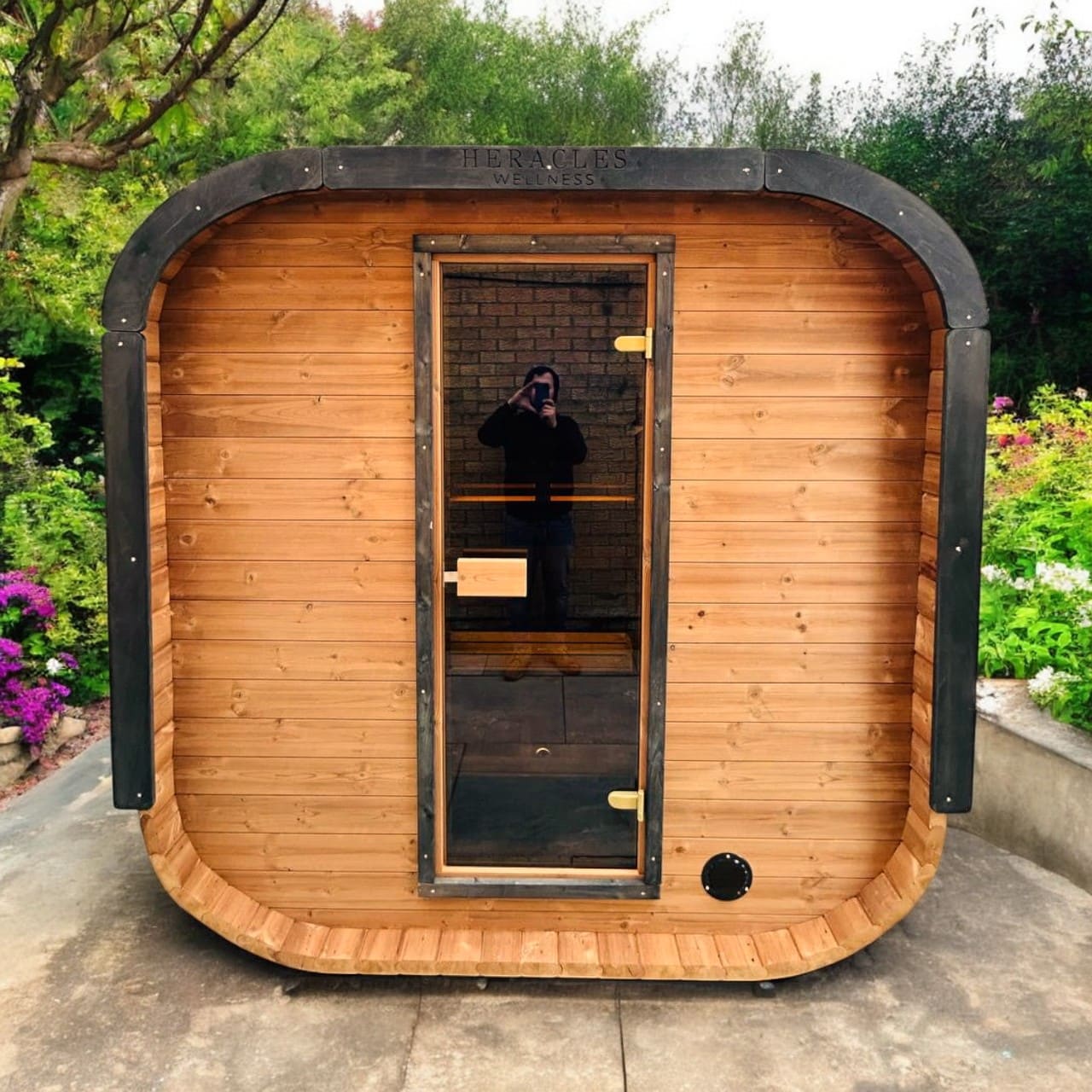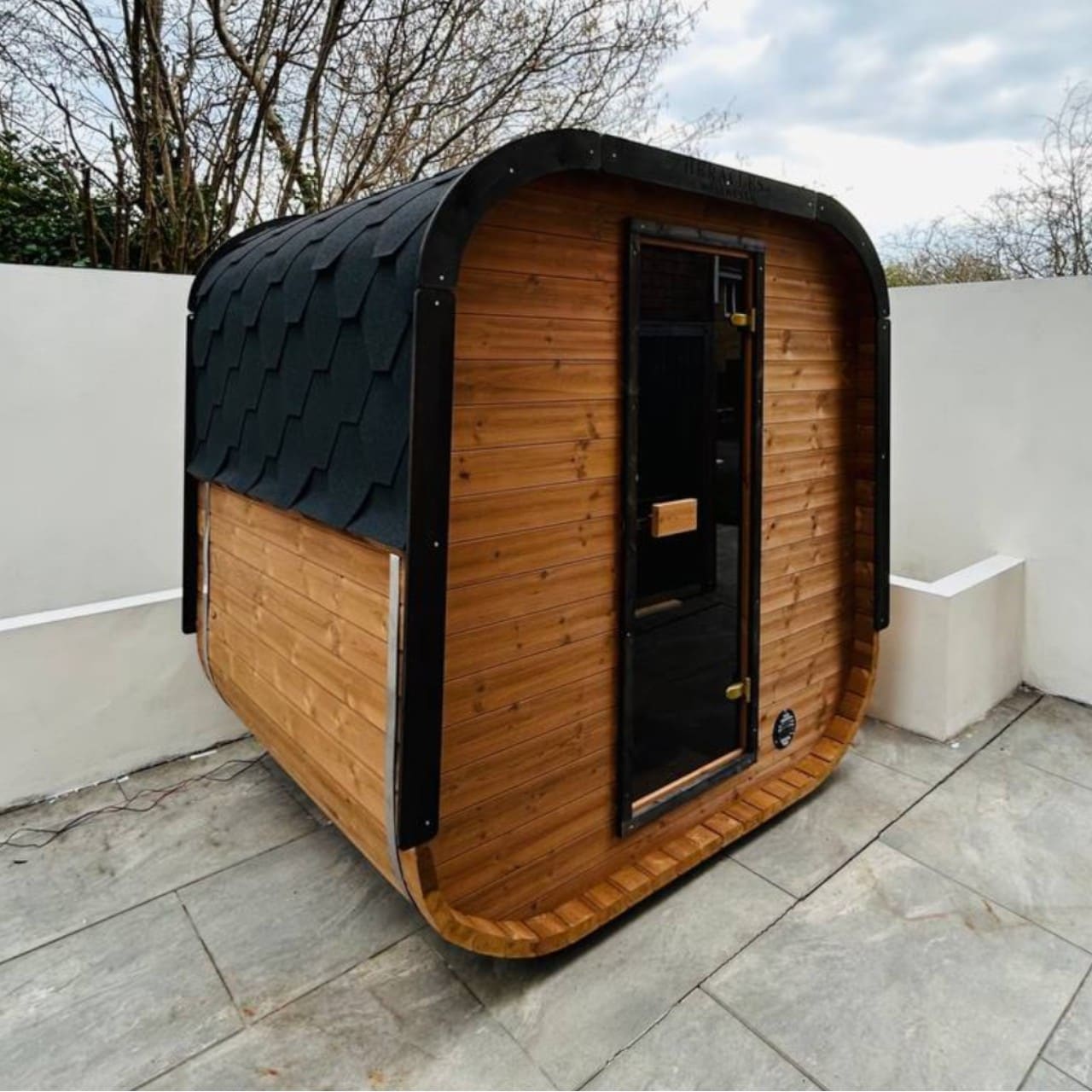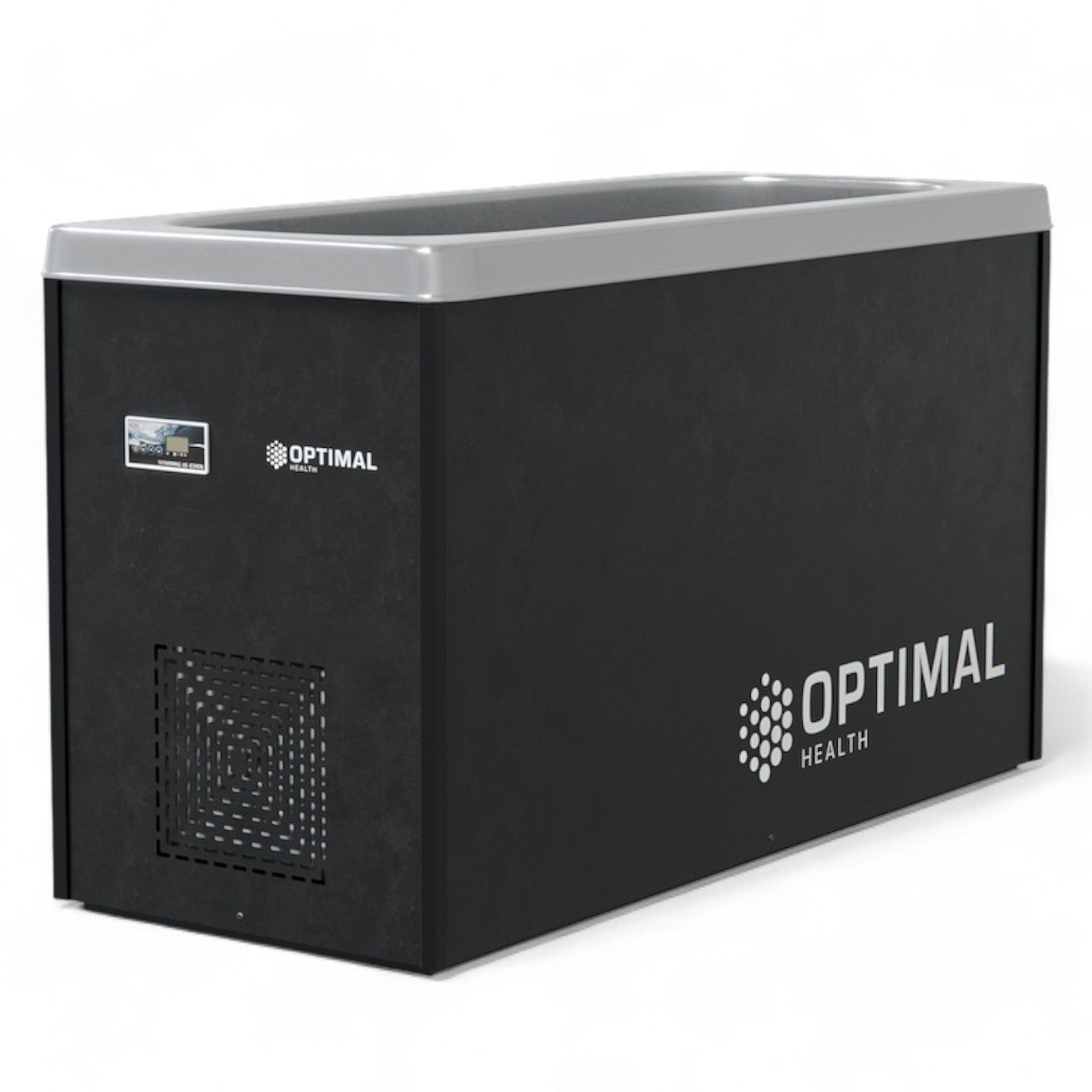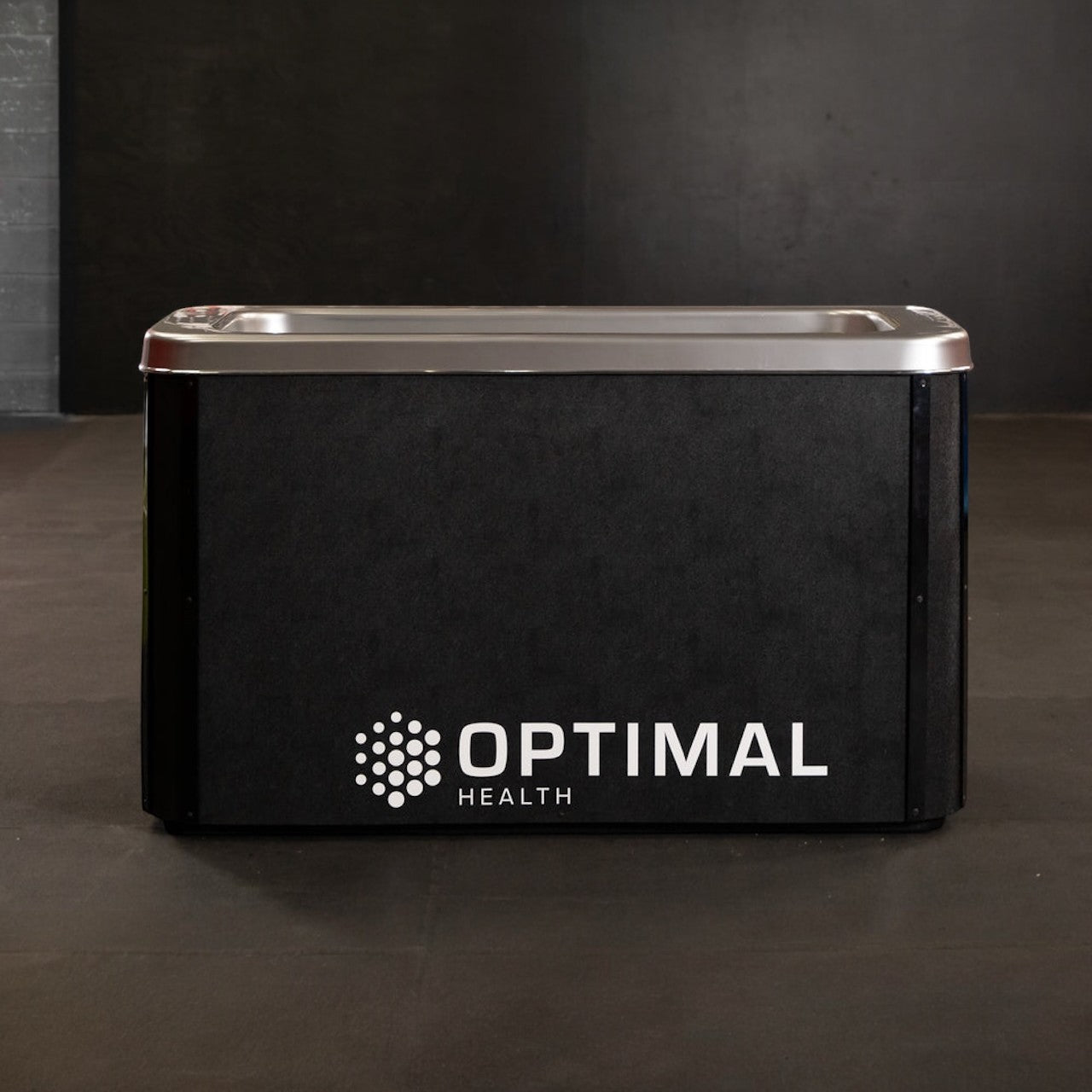When you're sniffling and sneezing, you might wonder if a sauna session could help relieve your cold symptoms. After all, saunas have been used for centuries as a natural remedy for various ailments. The heat and steam can feel soothing when you're under the weather, but is there any real benefit to using a sauna when you have a cold?
As it turns out, saunas may offer some temporary relief for mild cold symptoms. The high temperatures can help open up your nasal passages, making it easier to breathe. Sweating in a sauna can also help flush out toxins and boost circulation, which may support your immune system's fight against the virus causing your cold.
However, it's important to note that saunas should not be seen as a proven cure for the common cold. While frequent sauna use may reduce the frequency of colds over time, it's crucial to listen to your body and prioritize rest and hydration when you're sick.
What Is the Common Cold?

The common cold is a viral infection that affects the nose and throat. It's caused by a variety of viruses, with rhinoviruses being the most common culprit.
Symptoms of the Common Cold
Symptoms usually appear 1-3 days after exposure to the virus and may include:
- Runny or stuffy nose
- Sore throat
- Cough
- Congestion
- Slight body aches or mild headache
- Sneezing
- Low-grade fever
- Generally feeling unwell (malaise)
These symptoms typically last for 7-10 days, though some may linger for up to 3 weeks. The severity of symptoms can vary from person to person. We have a range of infrared saunas for homes that you can choose from.
How Colds Spread
Colds spread through tiny airborne droplets that are released when an infected person coughs, sneezes, or talks. You can catch a cold by:
- Inhaling these droplets directly
- Touching a surface contaminated with the virus (like a doorknob) and then touching your eyes, nose, or mouth
- Having direct contact with an infected person (like shaking hands)
The virus can live on surfaces for several hours, making it easy to pick up if you're not careful. That's why frequent hand washing is one of the best ways to prevent catching a cold. Check out our all sauna products collection.
The Effects of Sauna on the Body
Saunas have been used for centuries as a means of relaxation and promoting overall health. Here's how saunas can affect the body, particularly when it comes to fighting off a cold:
Increased Body Temperature

When I enter a sauna, my body temperature rises due to the high heat. This increase in temperature causes blood vessels to dilate, which improves circulation throughout the body. The elevated body temperature also stimulates the immune system, helping it to better fight off infections like the common cold.
A sauna-induced artificial fever may further boost the immune response by increasing the production of white blood cells, which are essential for combating pathogens. Some studies suggest that regular sauna use can reduce the frequency and severity of colds over time.
Improved Circulation
The heat from a sauna session causes my heart rate to increase, pumping blood more efficiently throughout the body. This improved circulation delivers oxygen and nutrients to tissues and organs, aiding in the healing process.
Better circulation also helps to remove waste products and toxins from the body more effectively. When I'm fighting a cold, this enhanced circulation can help alleviate congestion and promote faster recovery.
Sweating and Detoxification
Sweating is one of the body's natural ways of removing toxins. When I spend time in a sauna, I sweat profusely, which may help to flush out impurities from my system.
While sweating alone won't cure a cold, it can provide temporary relief from symptoms like congestion and body aches. The moist heat of a sauna can help to open up nasal passages, making it easier to breathe.
It's important to note that while sauna sessions can be beneficial, I should always listen to my body and not overdo it, especially when I'm feeling under the weather. Staying hydrated by drinking plenty of water before, during, and after a sauna session is crucial to avoid dehydration. We also have traditional sauna variety that you can browse.
Can Sauna Help Relieve Cold Symptoms?
Yes, saunas can provide temporary relief from some cold symptoms. Let's explore the potential benefits and risks of using a sauna when you have a cold.
Potential Benefits
Saunas may help alleviate cold symptoms in several ways:
- Opening nasal passages: The warm, moist air in a sauna can help loosen mucus and open up nasal passages, making it easier to breathe.
- Promoting sweating: Sweating in a sauna helps flush out toxins from the body, which may reduce the duration and severity of cold symptoms.
- Boosting circulation: The heat from a sauna dilates blood vessels, improving circulation and delivering oxygen and nutrients to tissues while removing waste products. This can aid in the healing process.
- Stimulating the immune system: Sauna-induced artificial fever may enhance the production of white blood cells, potentially reducing the frequency and severity of colds over time with regular use.
Read our complete guide on whether saunas are good for weight loss or not.
Things to look out for:
- Dehydration: Sweating in a sauna can lead to dehydration, which may worsen cold symptoms. It's crucial to drink plenty of water before, during, and after sauna sessions.
- Listen to your body: If you feel dizzy, lightheaded, or uncomfortable in the sauna, exit immediately and cool down.
- Fever: Avoid using a sauna if you have a fever, as it may raise your body temperature to dangerous levels.
- Not a cure: Saunas provide temporary relief but won't cure a cold. It's essential to get plenty of rest, stay hydrated, and allow your body to recover.
- Consult a doctor: If your cold symptoms are severe or persist for an extended period, consult a healthcare professional for proper treatment.
When to Avoid Using a Sauna

While saunas can provide temporary relief from cold symptoms, there are situations when it's best to avoid them altogether. I'll discuss two key instances when using a sauna isn't recommended.
Having a Fever
If I have a fever, it's crucial to steer clear of saunas. When battling a fever, my body is already working hard to regulate its temperature. Exposing myself to the high heat of a sauna can put additional stress on my system, potentially worsening my condition.
Fevers are a sign that my immune system is actively fighting off an infection. During this time, it's essential to let my body focus its energy on the healing process. Instead of using a sauna, I should prioritize rest, hydration, and monitoring my temperature. If my fever persists or reaches concerning levels, it's best to consult with a healthcare professional for proper guidance and treatment.
Certain Medical Conditions
There are several pre-existing health conditions that make sauna use risky or even dangerous. If I have any of the following, I'll avoid saunas unless given the green light by my doctor:
- Cardiovascular issues: Heart disease, uncontrolled blood pressure, or recent heart attack
- Respiratory problems: Severe asthma, chronic lung diseases, or acute respiratory infections
- Pregnancy: Especially during the first trimester, due to potential risks to fetal development
- Certain skin conditions: Open wounds, rashes, or infections that may be aggravated by heat
- Dehydration: If I'm already dehydrated, the intense sweating in a sauna can worsen my condition
- Alcohol or drug use: Being under the influence can impair my ability to sense overheating and dehydration
It's always wise to consult my healthcare provider before using a sauna, particularly if I have any chronic health concerns. They can assess my individual situation and provide personalized advice on whether sauna use is safe and appropriate for me. Learn about the benefits of sauna after a workout session.
Tips for Safely Using a Sauna with a Cold

I've found that using a sauna can provide temporary relief from cold symptoms, but it's crucial to do so safely. Here are some essential tips to keep in mind when using a sauna while dealing with a cold:
Stay Hydrated
Sweating in a sauna leads to fluid loss, which can worsen dehydration, especially when you're sick. I make sure to:
- Drink plenty of water before, during, and after my sauna session
- Avoid diuretic beverages like alcohol and caffeine that can further dehydrate me
- Replenish electrolytes with drinks like coconut water or sports drinks
Staying hydrated helps my body flush out toxins, supports immune function, and promotes overall recovery.
Limit Session Duration
When I have a cold, I keep my sauna sessions shorter than usual. I've found that:
- Limiting sessions to 10-15 minutes prevents overexertion and excessive heat exposure
- Taking breaks every 5 minutes allows my body to cool down and rest
- Listening to my body and exiting the sauna if I feel dizzy, lightheaded, or unwell is crucial
Overdoing it in the sauna can stress my already weakened immune system, so moderation is key.
Listen to Your Body
It's essential to pay attention to how I feel before, during, and after using the sauna. I've learned to:
- Avoid the sauna altogether if I have a fever, as the added heat can be dangerous
- Start with lower temperatures and shorter sessions, gradually increasing as tolerated
- Exit the sauna immediately if I experience symptoms like dizziness, nausea, or rapid heartbeat
- Rest and recover adequately after my sauna session, allowing my body to cool down slowly
By tuning into my body's signals, I can ensure that my sauna use is safe and beneficial, even when I'm under the weather.
Other Remedies for Relieving Cold Symptoms
While saunas may provide temporary relief from cold symptoms, they're not the only option. I've found that several other remedies can help alleviate the discomfort associated with a cold:
- Steam inhalation: Breathing in steam from a hot shower or bowl of boiling water can help loosen mucus and relieve congestion. Adding a few drops of essential oils like eucalyptus or peppermint can enhance the effects.
- Warm drinks: Sipping on warm beverages such as herbal tea with honey and lemon, chicken soup, or warm water with a squeeze of lemon can soothe a sore throat and provide comfort. These drinks also help keep you hydrated, which is crucial when fighting a cold.
- Rest: Getting plenty of rest is essential for allowing your body to focus on fighting off the infection. Aim for at least 8 hours of sleep per night and take breaks throughout the day to relax and conserve energy.
- Over-the-counter medications: Pain relievers like acetaminophen or ibuprofen can help reduce fever and alleviate aches and pains. Decongestants and cough suppressants may also provide relief from specific symptoms, but be sure to follow the recommended dosage instructions.
- Nasal irrigation: Using a saline nasal spray or a neti pot to rinse your nasal passages can help clear out mucus and reduce congestion. This method can be particularly effective when combined with steam inhalation.
- Humidifiers: Dry air can irritate your nasal passages and worsen cold symptoms. Running a humidifier in your room can add moisture to the air, making it easier to breathe and potentially reducing congestion.
It's important to remember that while these remedies can help manage cold symptoms, they don't cure the underlying viral infection. If your symptoms persist or worsen, or if you have a pre-existing medical condition, it's best to consult with your healthcare provider for personalized advice and treatment options.
Conclusion
While a sauna can provide temporary relief from cold symptoms by opening up nasal passages, loosening mucus, and promoting circulation, it's not a cure for the common cold. If I'm considering using a sauna when I have a cold, I should be mindful of potential risks, such as dehydration and exacerbating a fever.
It's essential to listen to my body, stay hydrated, and limit sauna sessions to short durations. If my symptoms are severe or persist for an extended period, it's best to consult with a healthcare professional for personalized advice. Ultimately, while a sauna may offer some comfort during a cold, prioritizing rest, hydration, and other symptom-relieving remedies is crucial for a proper recovery.
Q: Is using a sauna good for a cold?
A: There is some debate about whether using a sauna is good for a cold. Some studies suggest that sauna bathing can help relieve cold and flu symptoms, while others indicate that sauna has no significant impact on the severity of the common cold.
Q: Can visiting a sauna help treat symptoms of a cold or flu?
A: Visiting a sauna may help relieve cold and flu symptoms due to the hot steam and hot air in the sauna, which can assist in reducing congestion and promoting relaxation. However, individual experiences may vary.
Q: How does the hot steam in a sauna affect congestion?
A: Inhaling hot steam can help loosen mucus and relieve congestion associated with colds or flu. The moisture in the air can soothe irritated nasal passages, making it easier to breathe.
Q: Does sauna bathing boost your immune system?
A: Regular sauna bathing may help boost your immune system by promoting circulation and reducing inflammation, which can be beneficial during a cold. However, the science says that more research is needed to fully understand its effects.
Q: Can an infrared sauna be used to relieve cold symptoms?
A: Yes, an infrared sauna can be used to help relieve cold symptoms by providing a warm environment that encourages sweating and relaxation, which may assist in symptom relief.
Q: Is it safe to take a sauna when you have a cold or flu?
A: Generally, it is safe to use a sauna when experiencing mild symptoms of a cold or flu, as long as you stay hydrated. However, if you have more severe symptoms, it is advisable to consult a healthcare professional before using the sauna.
Q: Can hot air in the sauna help prevent colds?
A: While hot air in the sauna can provide temporary relief from symptoms of a cold, there is no definitive evidence that it can help prevent colds altogether. Maintaining a healthy lifestyle and hygiene practices are more effective for prevention.
Q: What are the sauna benefits for respiratory issues?
A: Sauna benefits for respiratory issues include improved airflow, reduced mucus buildup, and enhanced relaxation. The hot steam can help open airways, making it easier to breathe for individuals dealing with cold or flu symptoms.
Q: How often should one use the sauna to help relieve cold and flu symptoms?
A: There is no specific guideline for how often to use the sauna to relieve cold and flu symptoms. Some individuals may benefit from regular sauna sessions, while others may find occasional use sufficient. Listening to your body is key.















Leave a comment